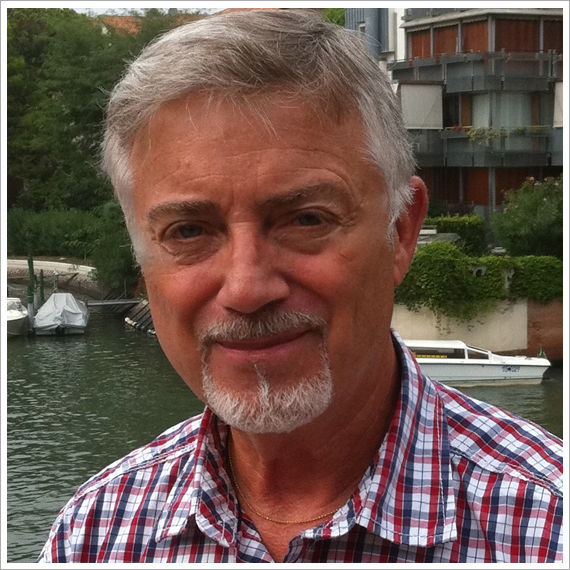
Joseph C. Glorioso III.
Professor
- :1(412)648-8538 Fax: 1(412)624-8997
- DEPARTMENTDepartment of Neurology
University of Pittsburgh School of Medicine
- COUNTRY USA

Dr. Glorioso has established a 40-year history of research related to the basic biology and genetics of herpes simplex virus. His contributions to the field include defining antiviral immune responses to infection, the genetics of viral pathogenesis and latency, and mechanisms of viral infection. Furthermore, he has been a pioneer in the design and application of HSV gene vectors for the treatment of nervous system diseases such as peripheral neuropathies, chronic pain and brain tumors. He continues to be a world-wide leader in the HSV gene vector field and the development of manufacturing methods for human clinical trials. His enkephalin vector showed considerable promise in a Phase I human trial to treat cancer pain and additional Phase I trials are underway using other pain reduction genes. These trials were sponsored by Diamyd Medical AB in Stockholm. A gene therapy company, PeriphagenInc, now holds the license to the HSV vector technology designed for pain and neuropathy therapies.
Over the years, his laboratory has studied the structure/function domains of the HSV envelope glycoproteins (gD, gB, gH, gL) that play a role in cognate receptor (HVEM or nectin-1) recognition and activation of the fusion/entry mechanism. Virus envelope fusion with cell-surface or endosomal membranes releases the virus capsid into the cytoplasm whereupon it is trafficked to the nucleus where the viral genome initiates the replication cycle in the nucleoplasm. These studies have enabled the genetic manipulation of the natural viral attachment/entry functions to create viruses with novel tropisms for stem cells, neurons and tumor cells. The expression of vector transgenes has been further specified by promoter selection and microRNA control of transgene product synthesis. For example, retargeted, miR-controlled vectors are also being exploited for selected gene expression in tumors or neurons of the peripheral and central nervous system. Of particular interest are a new generation of vectors that reversibly silence neurons by drug-activated ion channels. The application of neuron silencing methods hold great promise for mapping neurons involved in cognitive processes and chronic pain signaling.
Using these virus engineering technologies, Dr. Glorioso¹s has focused on (i) the design and application of HSV gene vectors for exploring the molecular events that occur in sensory afferents as a consequence of transitioning from normal acute pain sensing nociceptors to low threshold afferents that contribute to chronic pain signaling, (ii) the development of retargeted oncolytic HSV vectors for specific infection and replication in human glioblastomas that are applied to treatment of xenograft models of human brain tumors, (iii) the creation of novel HSV vectors that cross the blood brain barrier by transcytosis in order to provide gene therapies suitable for treatment of animal models of Huntington¹s disease and (iv) the use of HSV gene vectors for the creation of induced pluripotent stem (iPS) cells and the identification of transcriptional regulatory and signaling processes that participate in cellular reprogramming.
Recent development in HSV vector design has now identified a new vector system that is completely devoid of viral gene expression, and yet capable of long-term transgene expression for the first time in a tissue-specific manner. This vector are capable harboring up to 40kb of foreign sequences and are being exploited for broad delivery of very large transgene cassettes that encode dystrophin, Factor 8, Huntingtin and LRRK2 as examples. These new vectors represent a breakthrough in the gene vector field and Dr. Glorioso was recognized as a Pioneer in Gene Therapy related to these efforts. His lab is now moving quickly to new therapeutic indications that include Parkinson’s disease, epilepsy and hemophilia.

Professor